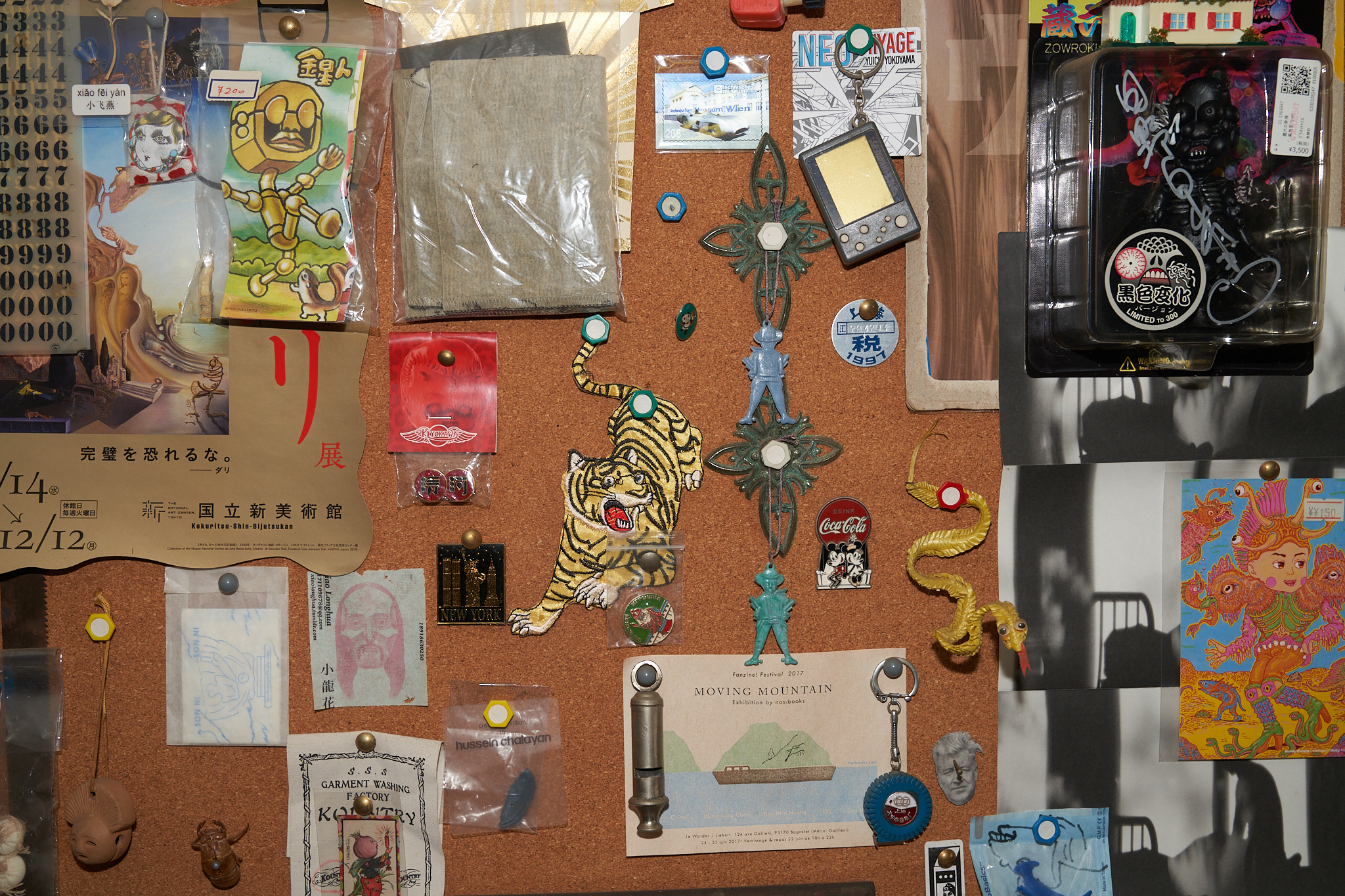FILM DIRECTORS IN CORRESPONDENCE: WANG BING AND JAIME ROSALES
| July 30, 2014 | Post In LEAP 27

6 x 9 digital negative
“Film Directors in Correspondence” is a series of film-related exhibition events, each of which explores the work of an outstanding director from different perspectives, and also features the work of another in order to establish a dialogue. The solo exhibition of Chinese director Wang Bing is one of such exhibition, and Wang chose his longtime friend Spanish director Jaime Rosales as his counterpart. The show features the complete works of both directors, their shared point of interest being exposés of modernity—Wang’s tell of the extreme spiritual and material poverty of the working classes behind China’s recent economic prosperity, while Rosales’ focus is the excavation of immense emotion and emptiness brought about by materialist-induced alienation.
The two share much in common: areas of interest, age, and a strong background in film, though they have totally different styles. Rosales prefers his stories in documentary form, paying close attention to cinematography, such as in his feature film La Soledad (2007). In this film, Rosales makes frequent use of double exposures, borrowing the image-within-an-image effect created by perspectives through doors and windows. These “neutral” scenes reveal the author’s love for formalism. Wang Bing, on the other hand, has stated his lack of concern for form and the framing of scenes. Although his artistic process is informed by Western theory, his films actually have more in common with the traditional Chinese saying “form is grasped without words; once meaning is grasped, form is forgotten.” The function of images is to aid the viewer in a deeper observation of the essential nature of things. Thus, starting from his nine-hour-long film West Of The Tracks, Wang often shadows one scene without regard for time constraints. The viewer is gradually “hypnotized,” and then comes to a sudden realization of the reality behind that scene. The dialogue between Wang and Rosales revealed the disparity between humanism and naturalism: Rosales utilizes formal languages descriptively to tell stories, his films suffused with a faint atmosphere of death. Wang’s films, on the other hand, flow like endless calligraphy, and either intentionally or through circumstantial effect, transmit a seemingly endless power.
The exhibition is located on the lower floor of the Pompidou, both walls of the space hosting three open projections. On one wall are a number of Wang Bing’s films, as well as a series of photographic works. The short film Traces was born out of footage filmed in the Gobi desert in preparation for another film, The Ditch (2010): a handheld camera scours the dazzling desert, looking for traces of a labor camp at which many people died violent deaths. The audience can hear the footsteps and breathing of the cameraman; occasionally the picture suddenly cuts out, and after a few seconds of silence, the sound of a camera shutter can be heard, and the screen flashes with light. The projection installed opposite features a series of black-and-white photographs taken at familiar haunts of the director, seven or eight years after his departure: traces long since disappeared. Another two series of photographs, titled “Anonymous” and “Father and Son,” depart from eponymous documentaries. These series all include photographs of irregular sizes and dimensions; the disorderly way in which they are arranged across the exhibition wall forms a chain-of-events style narrative.
The film and more recent photography of Wang Bing, both in terms of subject matter and stylistic technique, maintain a definite consistency. Wang is concerned with the poverty-stricken and marginalized, and with groups who have been concealed or erased by history: he gives voices to these voiceless subjects. However, Wang’s works are not political, neither are they sociological, compassionate, propagandist, or emotive: instead, they attempt to transcend ideology. If one leaves to one side the value systems of modern society, then Wang’s characters appear to represent life in its most essential, primitive state. This vitality, through artistic technique, then becomes conscious form. As president of the Pompidou, Alain Seban said in his introduction to the work of Wang Bing: “he isn’t satisfied by merely showing us the world, instead, he has created a world of his own.”

